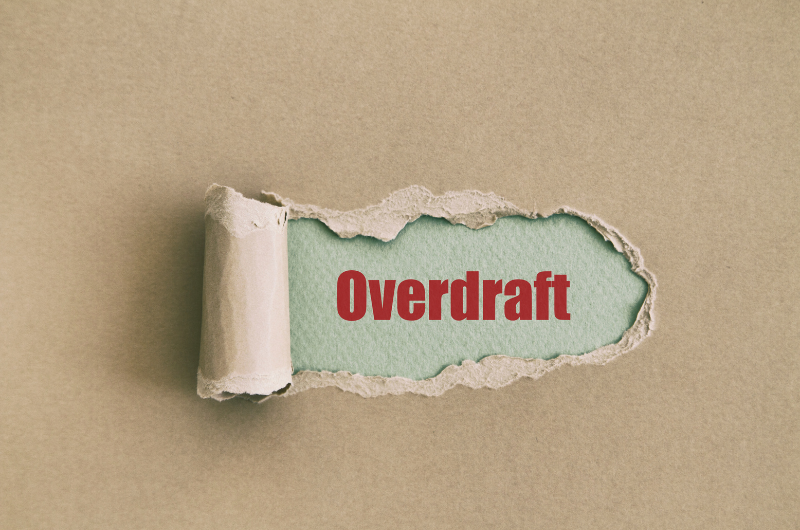


The Consumer Financial Protection Bureau (CFPB) has issued a new report finding that many consumers are still being hit with unexpected overdraft and nonsufficient fund (NSF) fees, despite recent changes implemented by banks and credit unions that have eliminated billions of dollars in fees charged each year.
In a recent CFPB Making Ends Meet survey, more than a quarter of consumers responded that someone in their household was charged an overdraft fee or NSF fee within the past year, and that only 22 percent of households expected their most recent overdraft. Many consumers who were charged overdraft fees had access to a cheaper alternative, such as available credit on a credit card.
The report, Overdraft and Nonsufficient Fund Fees, explores consumers’ experiences with overdraft and NSF fees. Many consumers have access to cheaper credit sources, such as on a credit card, and report being surprised by their most recent overdraft. Other consumers appear to use overdrafts often and intentionally: in households charged more than 10 such fees in a year, more than half of respondents reported that they expected their most recent overdraft. Most account overdrafts are exempt from the regulation implementing the Truth in Lending Act, which is designed to promote the informed use of credit and make it easier for consumers to compare the cost of credit products.
Key findings from surveyed households and consumers in today’s report include:
The data for the report comes from the 2023 Making Ends Meet survey and the CFPB’s Consumer Credit Panel. The survey asks consumers about their experiences with overdraft and NSF fees in the past year, as well as their experiences applying for and obtaining credit, use of alternative financial services (e.g., payday or auto title loans), and financial pressures (e.g., difficulty paying bills or carrying an unpaid balance on a credit card). The Consumer Credit Panel, a deidentified sample of credit records maintained by one of the three nationwide consumer reporting agencies, allows the CFPB to observe the credit and debt profiles of these same consumers, including their credit scores, amount of credit available, and delinquent debt.
Read the report: Overdraft and Nonsufficient Fund Fees.
Read more about the CFPB’s work on junk fees.
Access the ‘Compliance Hotline’
Your League-member benefits include the Compliance Hotline — providing exclusive access to dedicated compliance experts:
Using the above phone number and email address, you can gain access to a knowledgeable team that’s ready to address all your credit union’s compliance inquiries — promptly and efficiently. With the Compliance Hotline, you can proactively respond to impromptu questions and issues by getting clarity and insight on technical topics that normally slow you down. We want to help you unlock the full potential of your League membership by leveraging the resources and support you need to navigate the complex world of compliance effortlessly. We’re ALWAYS just a phone call or email away!
Additionally, other League-member compliance resources include:
For more information, email Lisa Quaranta.
Powered by ViClarity, a California and Nevada Credit Union Leagues company.
2855 East Guasti Rd., Suite 202
Ontario, CA 91761
909.212.6000
1201 K. St., Suite 1050
Sacramento, CA 95814-3992
916.325.1360
c/o Great Basin FCU
9770 South Virginia Street
Reno, NV 89511-5941
202.638.5777 www.cuna.org
www.dfpi.ca.gov
Clothilde “Cloey” V. Hewlett — 415.263.8500
fid.state.nv.us
702.486.4120 (Las Vegas)
775.684.2970 (Carson City)